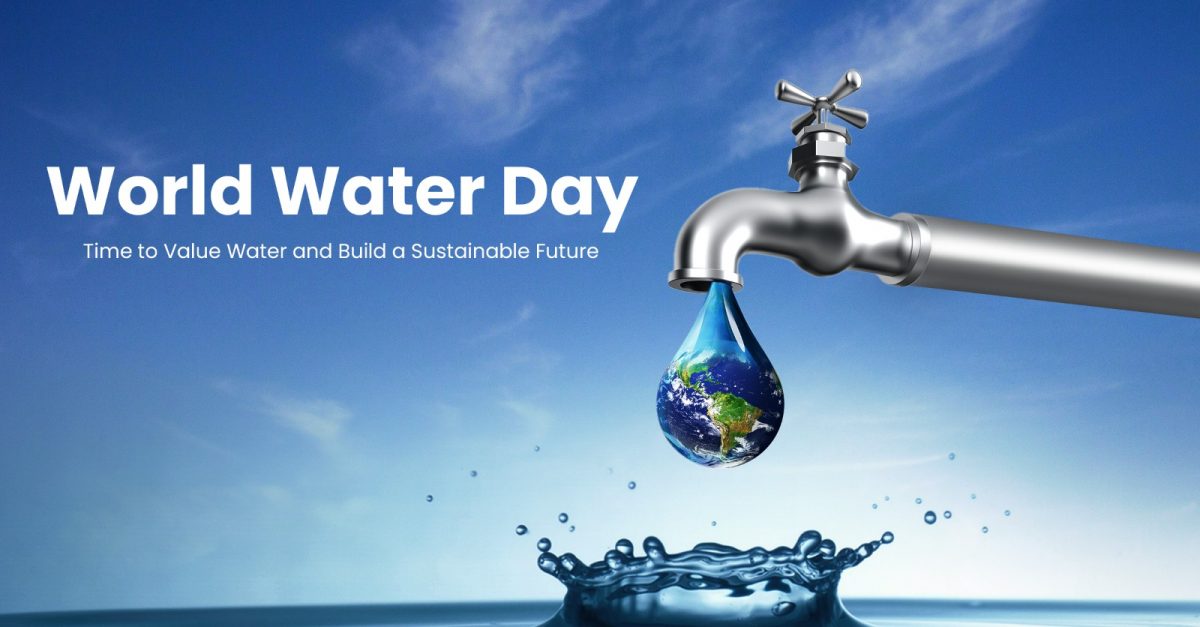Water, the source of life, is a precious and finite resource. Sadly, the reality we face is one of increasing water scarcity around the world. This complex issue threatens the health, economies, and stability of communities worldwide, and it calls for immediate understanding and action.
Grim Statistics Highlight the Water Crisis
- 2.2 billion people still lack access to safe drinking water. (Source: UN)
- By 2025, two-thirds of the world’s population could live under conditions of water stress. (Source: World Wildlife Fund)
- Due to water scarcity, an estimated 700 million people could face displacement by 2030. (Source: United Nations)
- Agriculture, the thirstiest sector, claims about 70% of global water usage. (Source: World Wildlife Fund)
India is a prime example of a nation grappling with severe water scarcity challenges:
- 600 million Indians already experience high to extreme water stress. (Source: NITI Aayog)
- India could face a 50% gap between projected water demand and supply by 2030. (Source: NITI Aayog)
- Agriculture consumes 80% of the nation’s available water resources, highlighting its reliance. (Source: The World Bank)
- Rapid urbanization and industrial development intensify the strain on its water supply.
Water Shortages in Bangalore – A City Reaching its Limits
Bangalore, India’s ‘Silicon Valley’, is a stark example of an urban center pushed to the brink:
Within India, Bangalore stands out as a notable example of a city grappling with water scarcity. Various factors contribute to Bangalore’s water crisis, including the lack of widespread water utility services, non-implementation of water schemes, reliance on rainwater and strained reservoirs, encroachment into natural water bodies, and overexploitation of groundwater. Issues with borewells and localized water distribution exacerbate the challenges, highlighting the multifaceted nature of the problem.
A Water-Wise Future: It’s Possible
The situation is critical but not hopeless. By shifting how we value, manage, and utilize water, we can carve a path toward a more sustainable and equitable future.
Enlite – Empowering You with Water Management Technology
We are committed to tackling water scarcity through innovative solutions. Our cloud-based Building Management System, Know Your Building, puts data-driven insights into your hands.
- Real-time water usage monitoring: Pinpoint inefficiencies and leaks for immediate action.
- Informed decision-making: Optimize your water usage and plan for sustainable practices.
- Achieve Sustainable Development Goals: Contribute to SDG 6 – Clean Water and Sanitation.
Let’s value water, be water-wise, and work together for a future where everyone has access to this essential resource.














